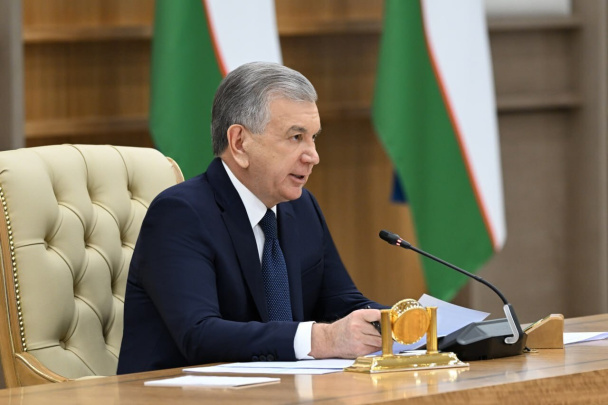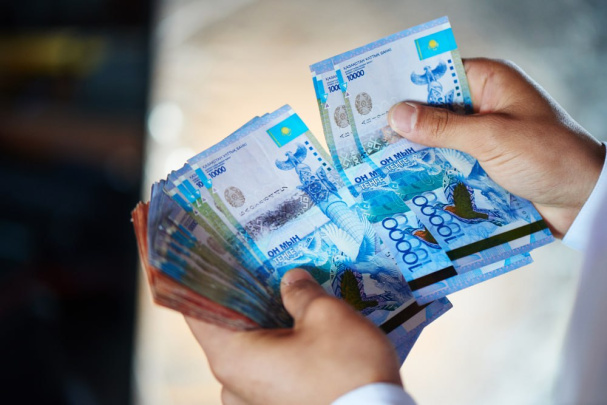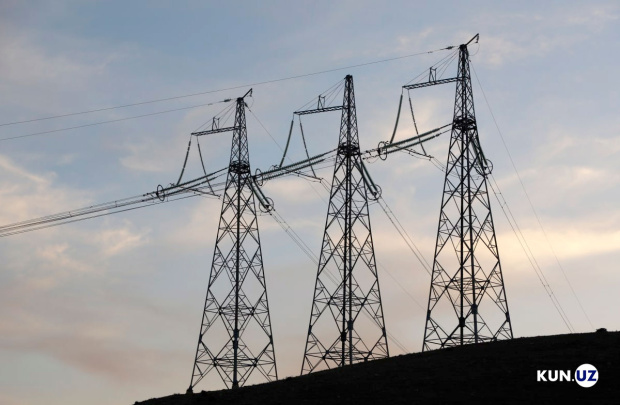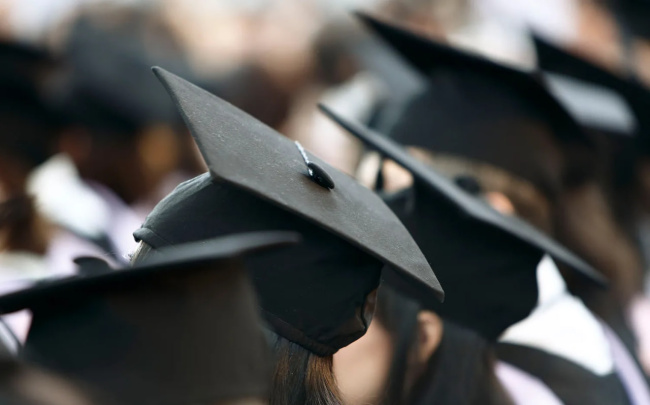Why was the area between Chirchik and Karasuv rivers chosen for New Tashkent?
“Those places are the places chosen by our President. New Tashkent is located in the northern part of the capital. Kibray and Chirchik districts in the northern part are more developed and picturesque. The western part is on the border of the Republic of Kazakhstan. And the south-western part is a road that connects to other regions,” Saidazim Sharipov, deputy director general of the SUE ToshkentboshplanLITI, urban planning and scientific projects, said.
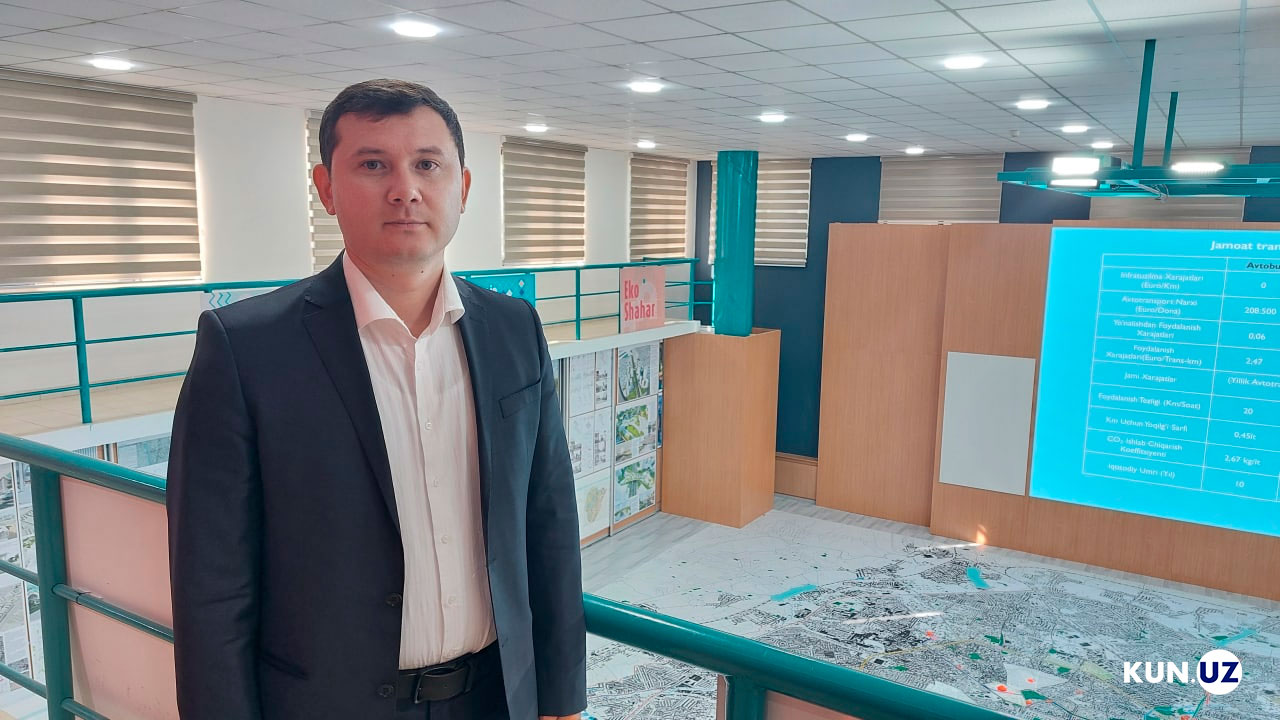
The official emphasized that a “Green Corridor” will be established on the 20,000-hectare area of this scenic part, which will be built in the future, and this area will be the administrative center of New Tashkent. According to him, cultural and technological centers, universities, expos will be established in this administrative center, and conditions will be created for various events held on a world scale. An example of this is the Olympic Town, which is currently under construction.
“The city will continue to develop and expand in this way. We call these areas New Tashkent, not a continuation of the city,” Saidazim Sharipov noted.
According to the official, 3 main axis directions have been determined to connect the current capital and New Tashkent with each other. That is, these are the historical axis, the touristic axis and the technological axis, which serve as specialized directions in their respective directions.
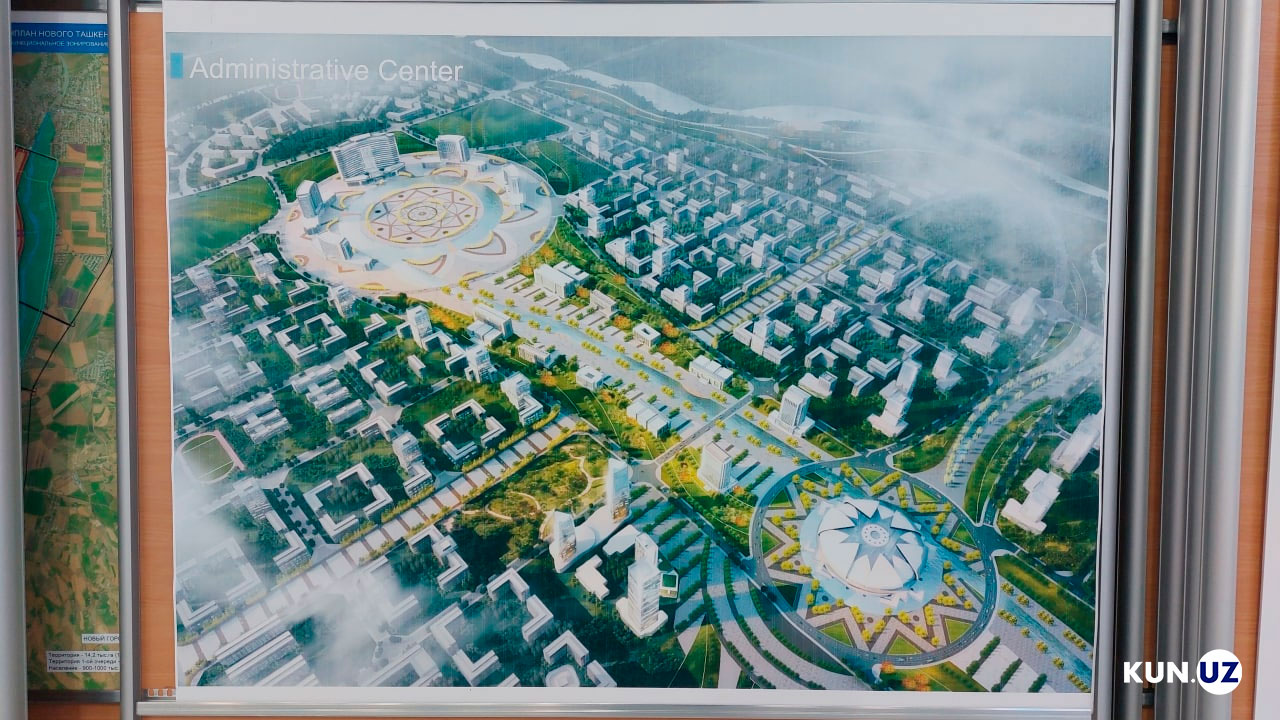
Will construction be stopped in Tashkent now?
“If you see any city in general, the cities are getting renewed. Even the most historic city is changing according to the needs of the times based on new technologies. Because new technologies come out, new opportunities open up and people’s needs change with time. It is impossible without it. The main constructions in the city will be moved to the new city,” Saidazim Sharipov said.
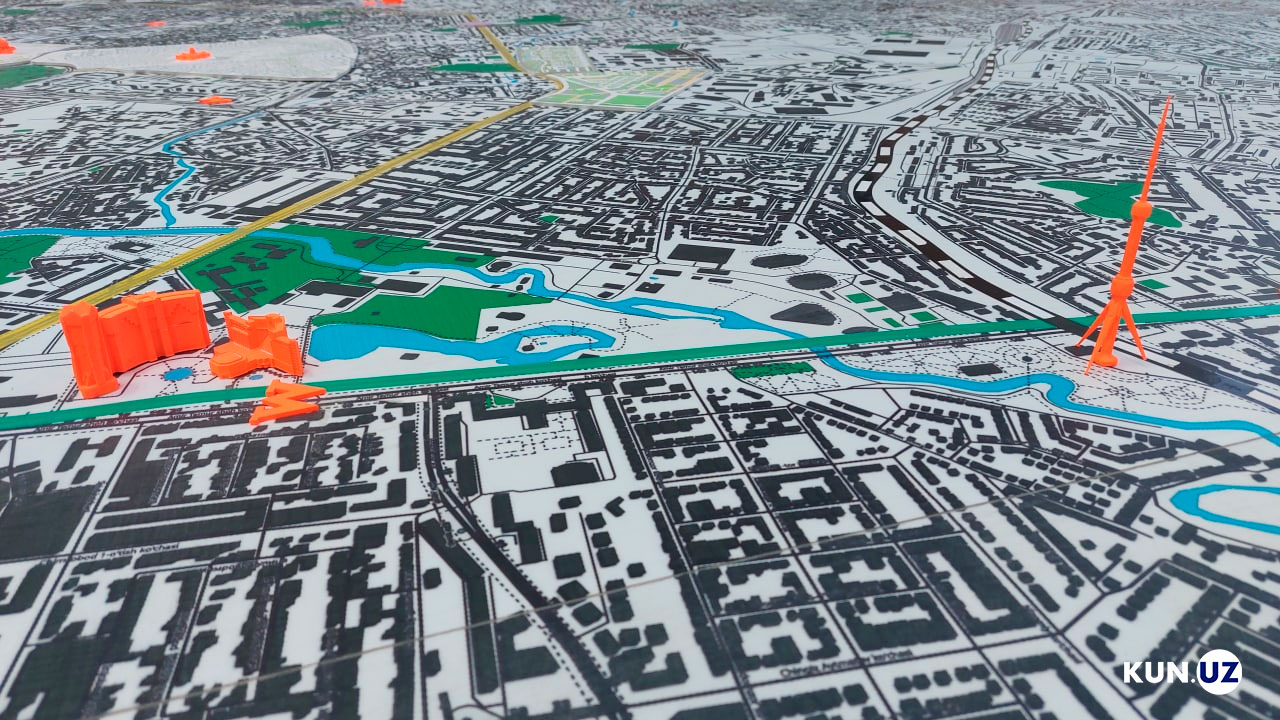
He said that the city of Tashkent was studied before making the New Tashkent.
“Our problems – ecology, climate change in the world, increase in dust, storms, floods – are coming from outside the city. It is not going out of town. That is, it is not the problem of the city itself. Only one factor is added, that is, dust storms are felt more strongly in the city due to the increase of constructions and cutting of trees,” the official added.
What will happen to the old neighborhoods?
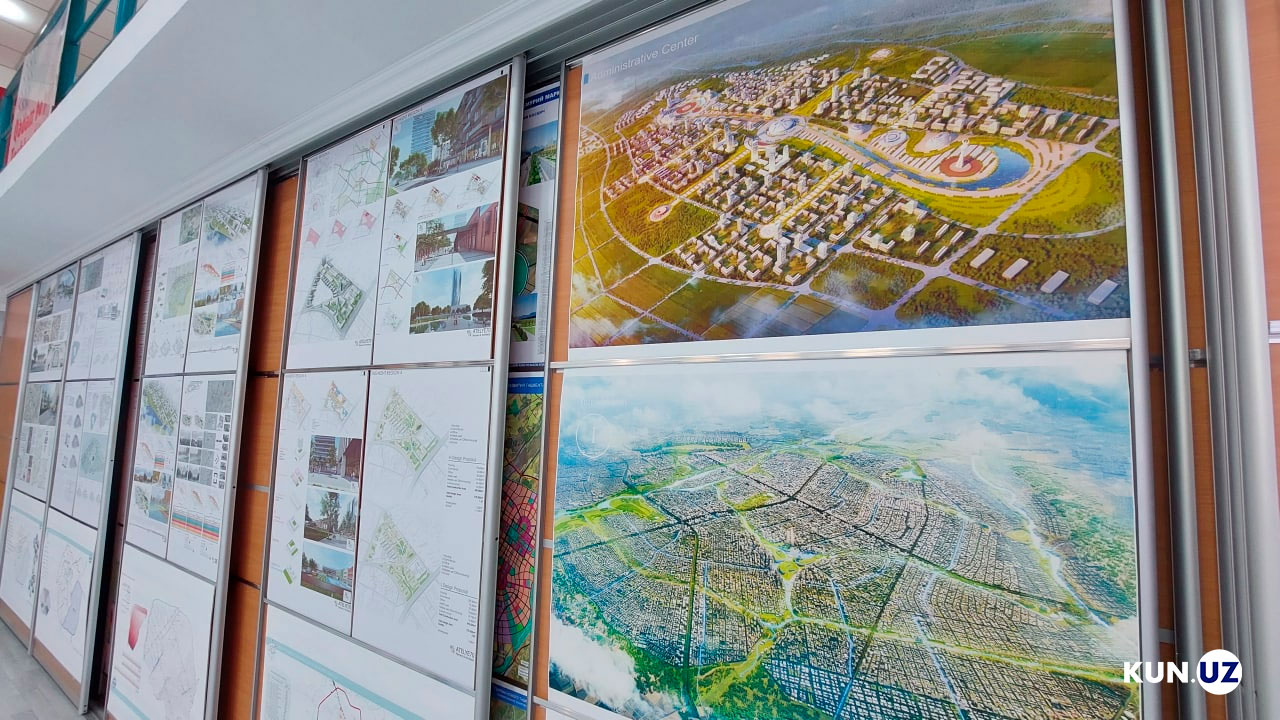
Saidazim Sharipov: There have been a lot of questions about historic neighborhoods. When we visited the Old City area of the capital, 50% of the residents said: “Give me an apartment, I will leave. There are so many people in my propiska (residential permit)”. If you look at their residential permit, there are 10-15 people on the list and they are waiting for their house to be demolished. If the authorities demolish their houses, each of them will be granted an apartment. The other half of the population does not want their houses to be destroyed because their ancestors were born and raised in this area. That’s why we defined the disputes in the Old City area as follows: let whoever wants to sell his house to an investor. Only the investor is required not to destroy the atmosphere of the Old City. Based on this condition, the investor should build the building of his choice.
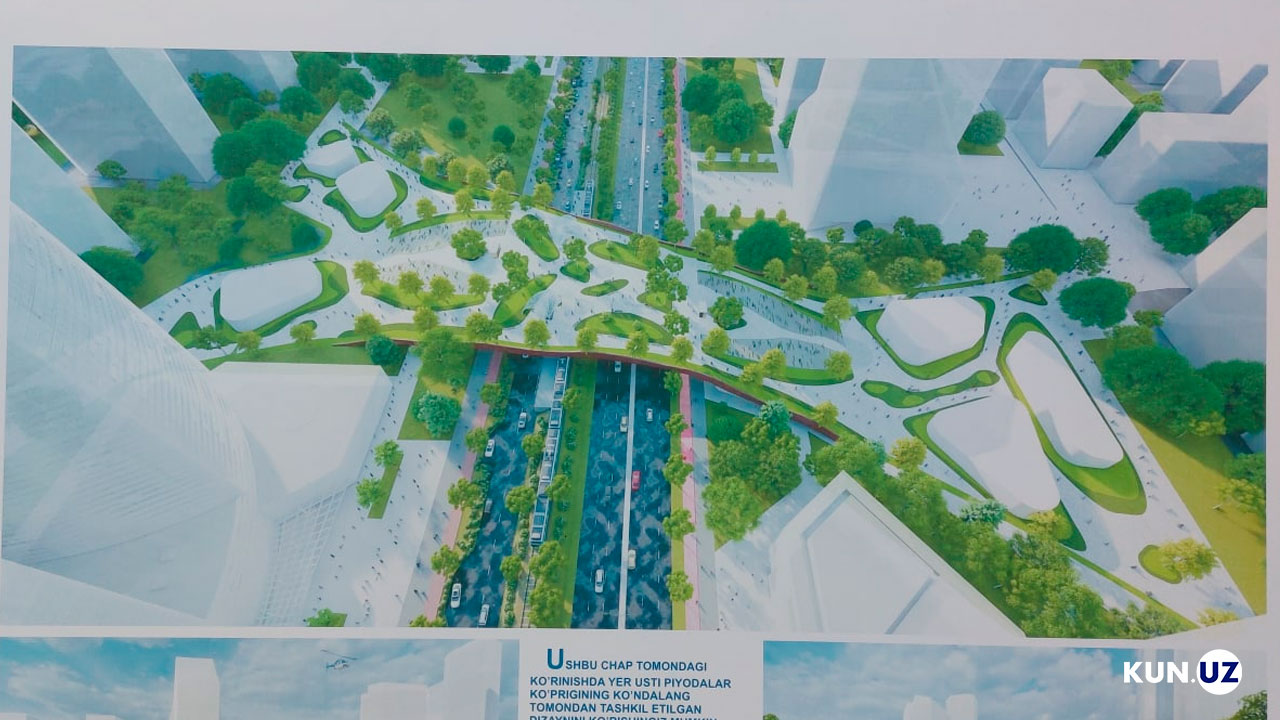
Do not other neighborhoods fall into demolition list?
The person in charge of this question said that there is no concept of a neighborhood that has fallen into the demolition list, it is determined by the market economy, and if the owner does not want to, he may not sell his house to an investor. He also announced that the following solutions were proposed to prevent the increase of demolition conflicts:
“We did not show road widening in the presentation. Because widening of roads means demolition. Instead, if we reduce the use of cars and create the convenience of using public transport, people will continue to use this current street. The problem is reduced. We are saying that let’s develop public transport, reduce demolition. The money should be used for infrastructure development. There is no need for widening the road. We are making such a project that both the state and citizens will win,” he said.
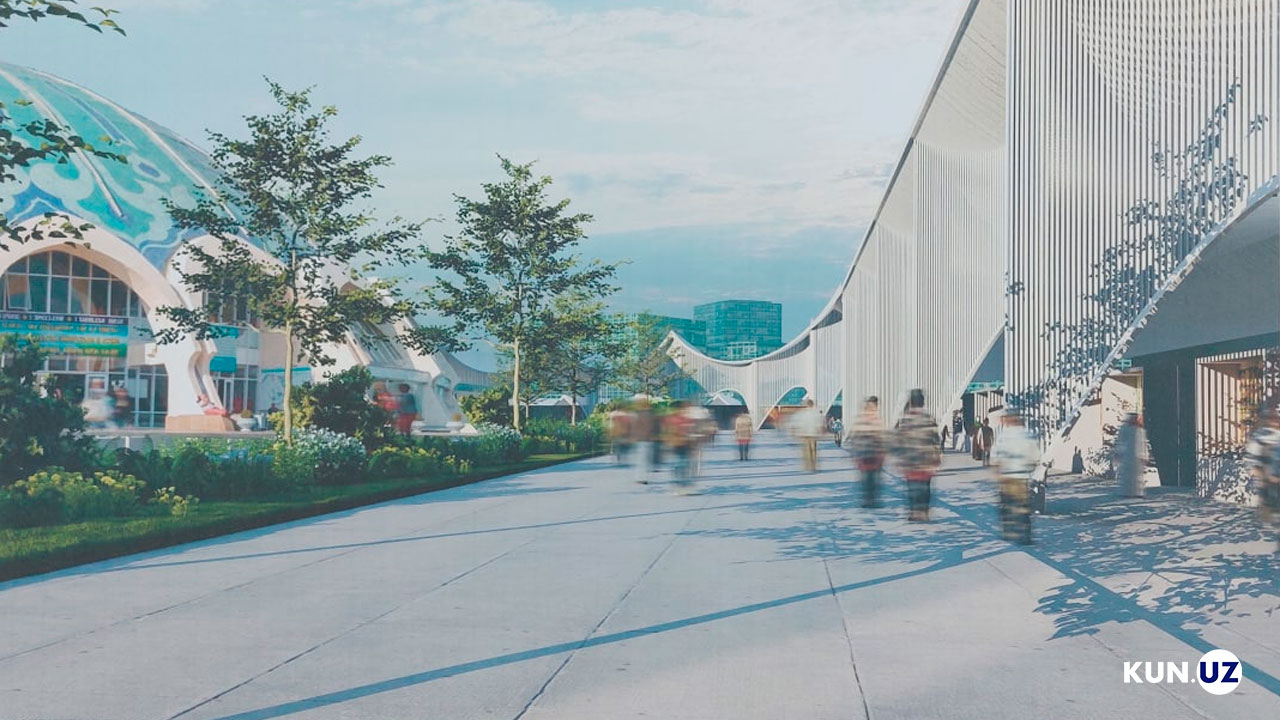
But the official does not deny that the construction of roads connecting New Tashkent and Tashkent may still cause some demolitions. He only mentioned that there is a guarantee of compensation.
Do not other neighborhoods fall into demolition list?
The person in charge of this question said that there is no concept of a neighborhood that has fallen into the demolition list, it is determined by the market economy, and if the owner does not want to, he may not sell his house to an investor. He also announced that the following solutions were proposed to prevent the increase of demolition conflicts:
“We did not show road widening in the presentation. Because widening of roads means demolition. Instead, if we reduce the use of cars and create the convenience of using public transport, people will continue to use this current street. The problem is reduced. We are saying that let’s develop public transport, reduce demolition. The money should be used for infrastructure development. There is no need for widening the road. We are making such a project that both the state and citizens will win,” he said.
But the official does not deny that the construction of roads connecting New Tashkent and Tashkent may still cause some demolitions. He only mentioned that there is a guarantee of compensation.
What kind of city will Tashkent be in the future?
“We have been working on this “Laboratory of Life” for the past 4 months. We presented this project to the President of Uzbekistan on October 18, and our project was approved by him. He also gave his suggestions and raised the following questions: “What kind of city will Tashkent be in 2045? What is its future reputation? How can we implement the Turkish experience here?” Faruk Göksu, one of the designers of New Tashkent, said.
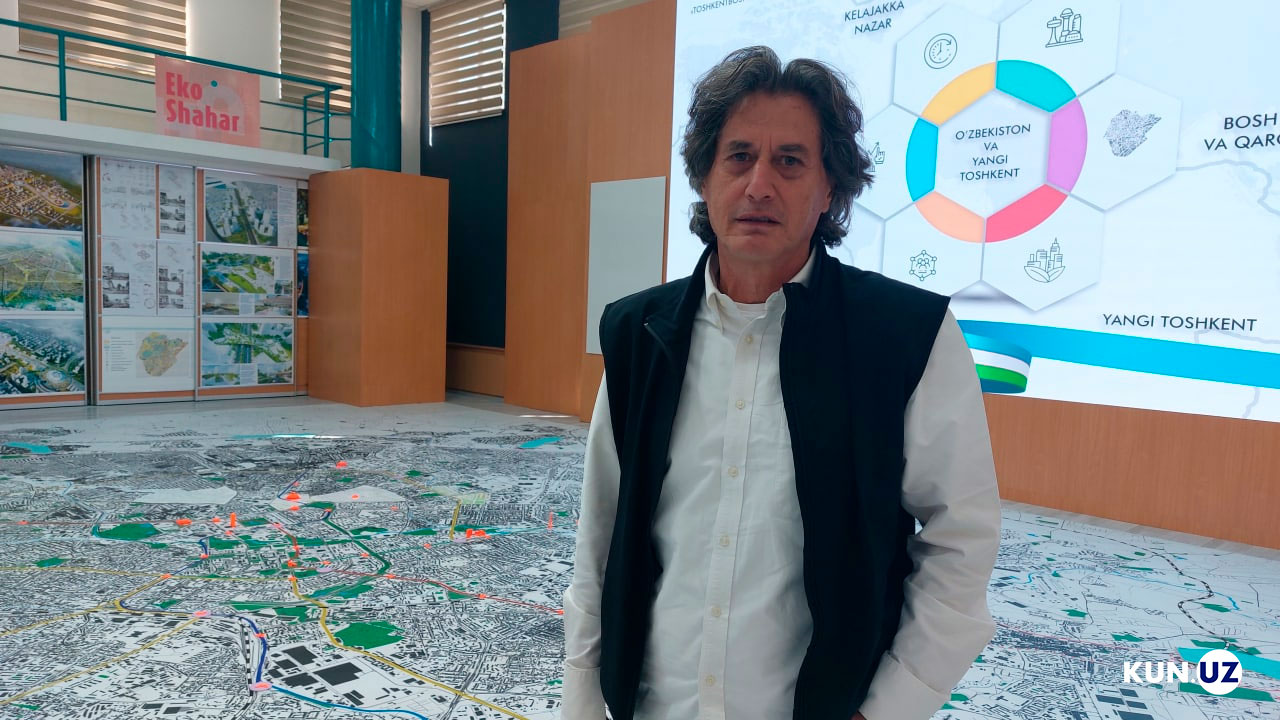
According to him, President Shavkat Mirziyoyev has raised the issues of establishing a 130-km-long tree grove and a green belt road with all infrastructures around the city of Tashkent. Also, the presentation of the “Green Road” project, which can be implemented in the regions of Uzbekistan from the beginning to the end, was also approved by the President.
Reflecting on their experiences and difficulties in implementing the project:
“I have worked in many countries – England, European countries. Before Uzbekistan, we were also building a hotel in the city of Kabul. For some reason, we could not finish our work. Various documents, data, and old maps are needed to implement future projects in Uzbekistan. Also, all state agencies and relevant ministries should work together in one direction,” Faruk Göksu said.
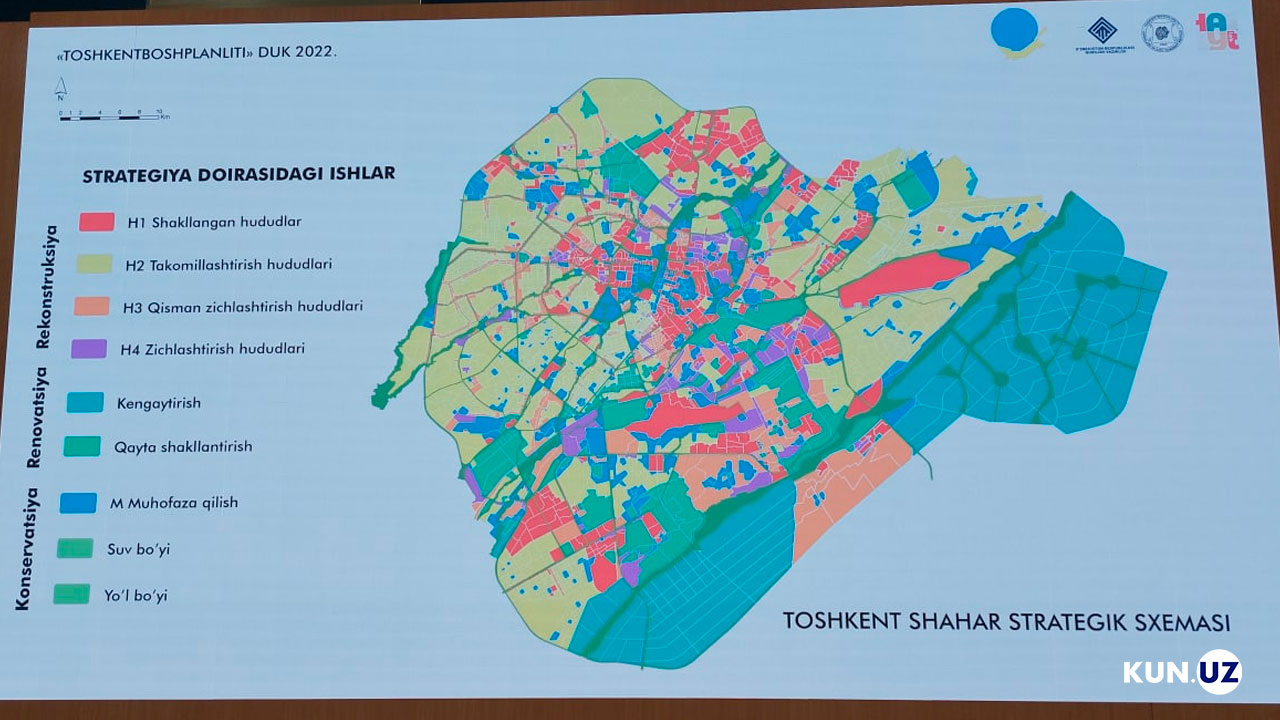
At the same time, it was reported that in order to make the fast-developing Tashkent a perfect city, work is underway to create an “Iron Book” that includes information about all addresses in the capital’s territory.
On October 18, Shavkat Mirziyoyev got acquainted with the project of the master plan of the city of Tashkent. The project so-called “Laboratory of Life” presented to the President aroused the interest of many and raised various questions. Why were the northern regions chosen for New Tashkent? Will there be no more constructions and demolitions in Tashkent? What will happen to neighborhoods? In general, what will the future of Tashkent be like? In order to get answers to these questions, Kun.uz visited the SUE ToshkentboshplanLITI and received comments from officials in this regard.


